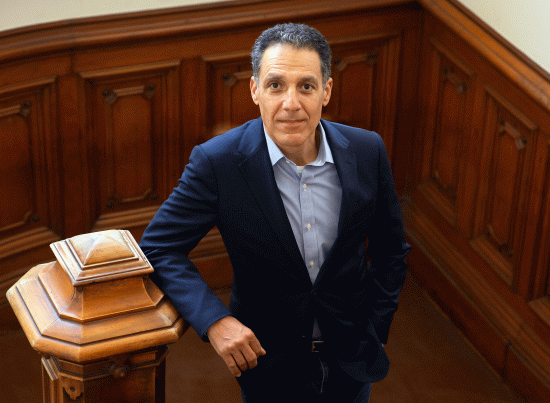From Berkeley News
Disinformation nation: What can we do to crack the code?
By Edward Lempinen
The 2024 presidential election is just a year away, but already there is an uneasy sense of déjà vu. While nominations are still being contested and outcomes are far from certain, it’s clear that fact-free allegations, conspiracy theories and more subtle manipulations will — again — shape and perhaps overwhelm the most important ritual in American democracy.
The light-speed advance of smart phones and social media since the turn of the century has put a powerful source of misinformation and disinformation in the pocket of virtually every American. But while millions of people in the U.S. and worldwide feel powerless against disinformation, a network of scholars at UC Berkeley is exploring its often covert dynamics and charting innovative ways to neutralize the toxic effects...
“We’ve got to change the online information ecosystem,” says Hany Farid, an influential Berkeley researcher who probes the intersection of technology and society. “The vast majority of Americans are now getting their news from social media, and it’s even worse in other parts of the world. Young people 15 to 18 years old — when they want to know what’s happening in Ukraine, they’re not going to Google. They’re going to TikTok videos.
“This can’t be good for the world...”
Hany Farid is a professor in the Department of Electrical Engineering & Computer Sciences and the School of Information at UC Berkeley. He specializes in digital forensics.










